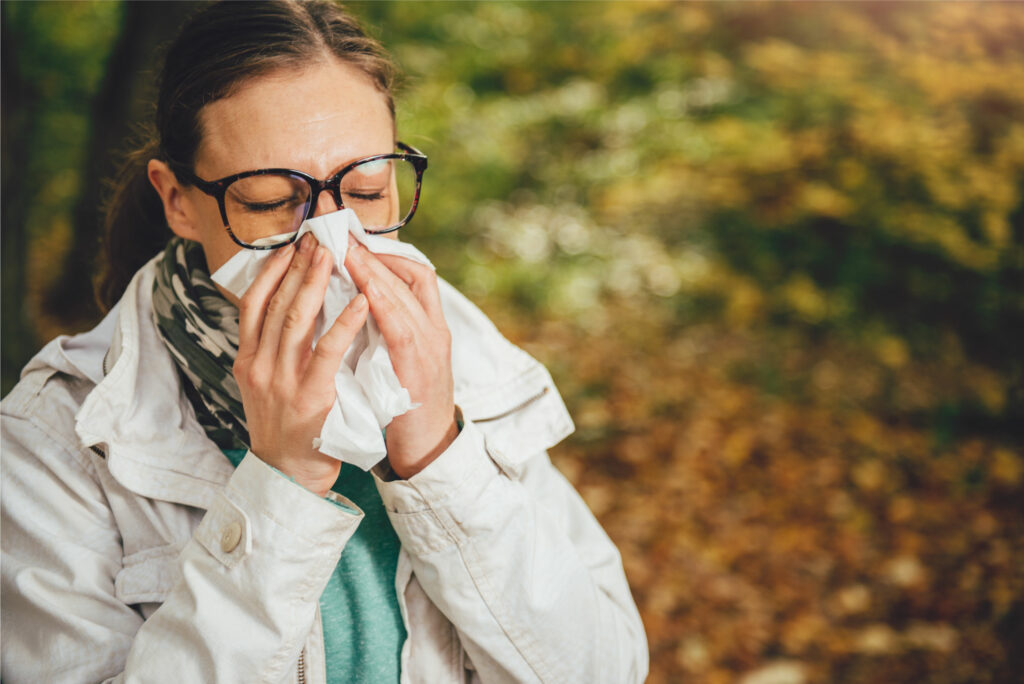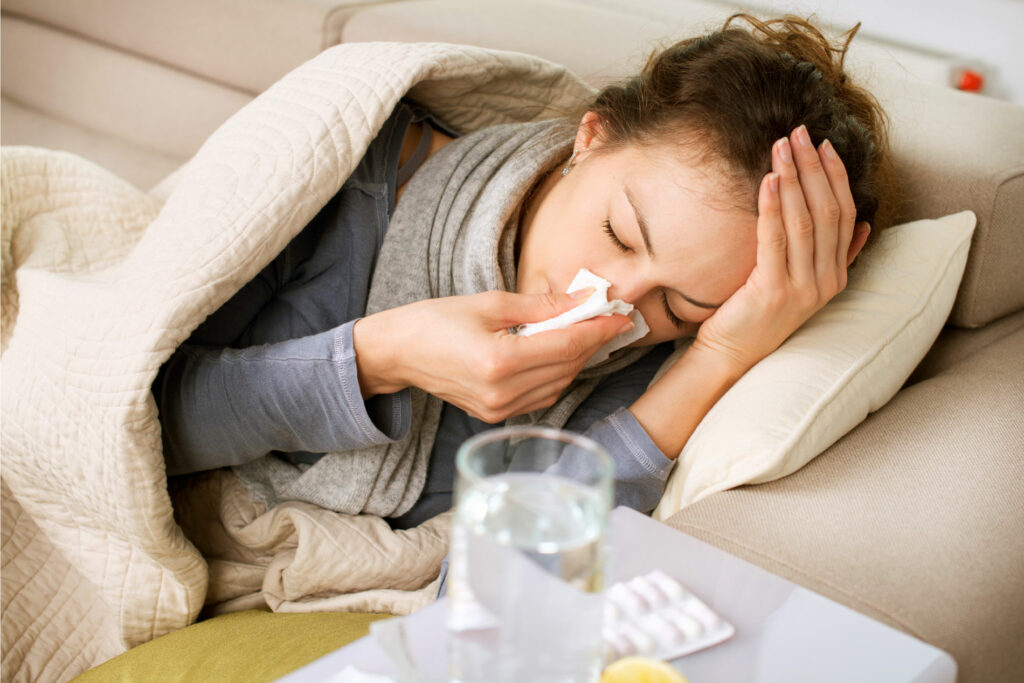Managing Lupus in Cold Weather
For those living with lupus, the cold winter months can increase the incidence and severity of the condition.
Lupus winter flare-ups result from cold-induced spasms in small blood vessels, which restrict blood flow. As the blood vessels constrict due to the cold, pressure increases in the joints, limbs, and head, causing severe pain and swelling, making it difficult to perform daily tasks.
Watch the Video: Managing Lupus in Cold Weather
Ways You Can Help Prevent Winter Flareups
While you may be unable to control the weather outside, there is a lot you can do to prepare yourself for the winter and prevent winter flare-ups.
Dress for the Season
Dressing in layers is an easy way to keep yourself warm and reduce the risk of suffering cold-induced spasms. When you layer clothing, you are helping to trap your body heat inside the fabric, which helps maintain your body temperature and keep your joints flexible.

Feast on Hot Beverages
Hot chocolate, tea, and coffee are not only delicious, but they can help warm you from the inside out. Additionally, warming your hands around a hot cup of your favorite beverage can dissipate the cold and help relieve pain.
Stay Indoors When Possible
Do your best to remain indoors during cold weather. If you must go out, dress as warmly as possible and stay active while outdoors to help maintain your body temperature.
Physical activity is a crucial component of your disease management. Therefore, you should look for ways to exercise indoors rather than outside when the weather turns cold. For example, you can try walking around your home rather than going for a walk outside or consider low-impact activities like Tai Chi or yoga, which you can practice indoors.
Eat Small but Frequent Meals or Snacks
Eating smaller meals and having healthy snacks in between helps keep your metabolism active and regulate your body temperature.

Consider Investing in a Humidifier
Cold air holds less moisture than warm air. The low humidity can dry out your skin, nasal passages, and throat, causing irritation that can lead to an inflammatory response. A humidifier in your home will help reduce the risk of irritation and inflammation and creates a more comfortable environment for all of your family.
Avoid Alcohol
While most people think drinking alcohol raises your body temperature, in truth, it lowers your core body temperature.
Also, drinking alcohol may make you less aware of the temperature outside and cause you to stay out more than recommended.
Keep an Eye on the Weather
Consistently checking weather reports in your area can help you predict the likelihood of a flare-up. In addition, doing so allows you to prepare and work with your doctor and healthcare team to manage your lupus flares.
You must keep up with your appointments and infusion therapy during these colder months to reduce the likelihood of a severe disease flare-up. In addition, continue taking your medication as prescribed, and remember to inform your doctor of any new or worsening symptoms.





